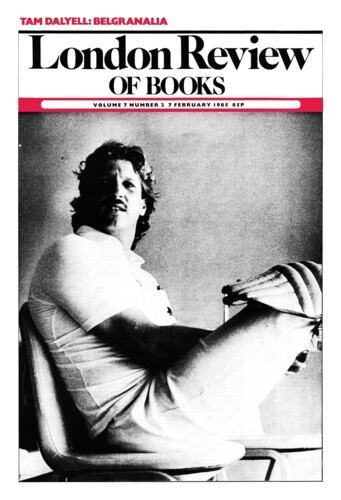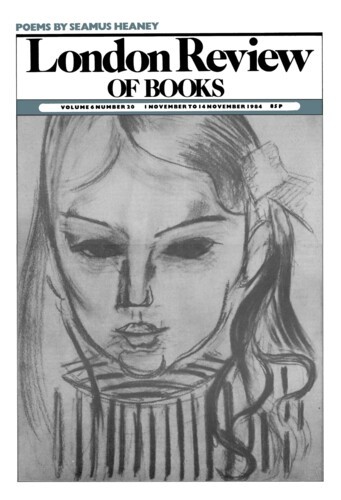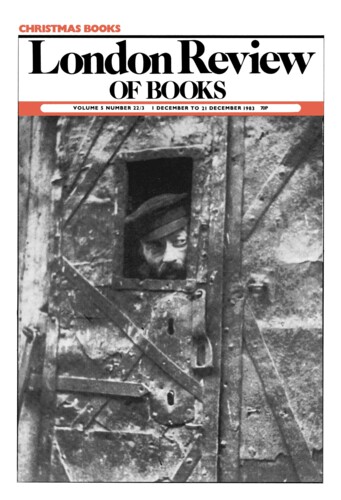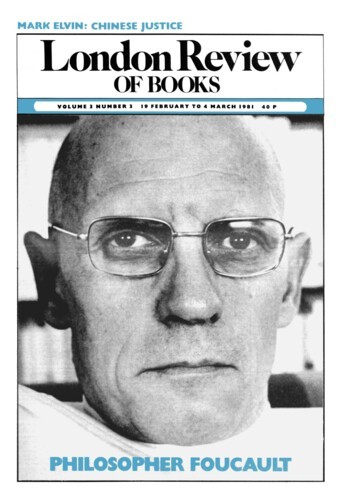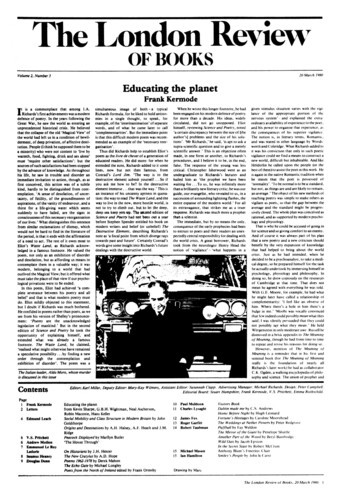Poem: ‘My Grandfather’s Wake’
Paul Muldoon, 7 February 1985
If the houses in Wyeth’s Christina’s World and Mallick’s Days of Heaven are triremes, yes, triremes riding the ‘sea of grain’, then each has a little barge in tow – a freshly-dug grave.
I was trying to remember, Nancy, how many New England graveyards you own, all silver birch and neat, white picket-fences.
If only that you might make room for a nine-banded...
